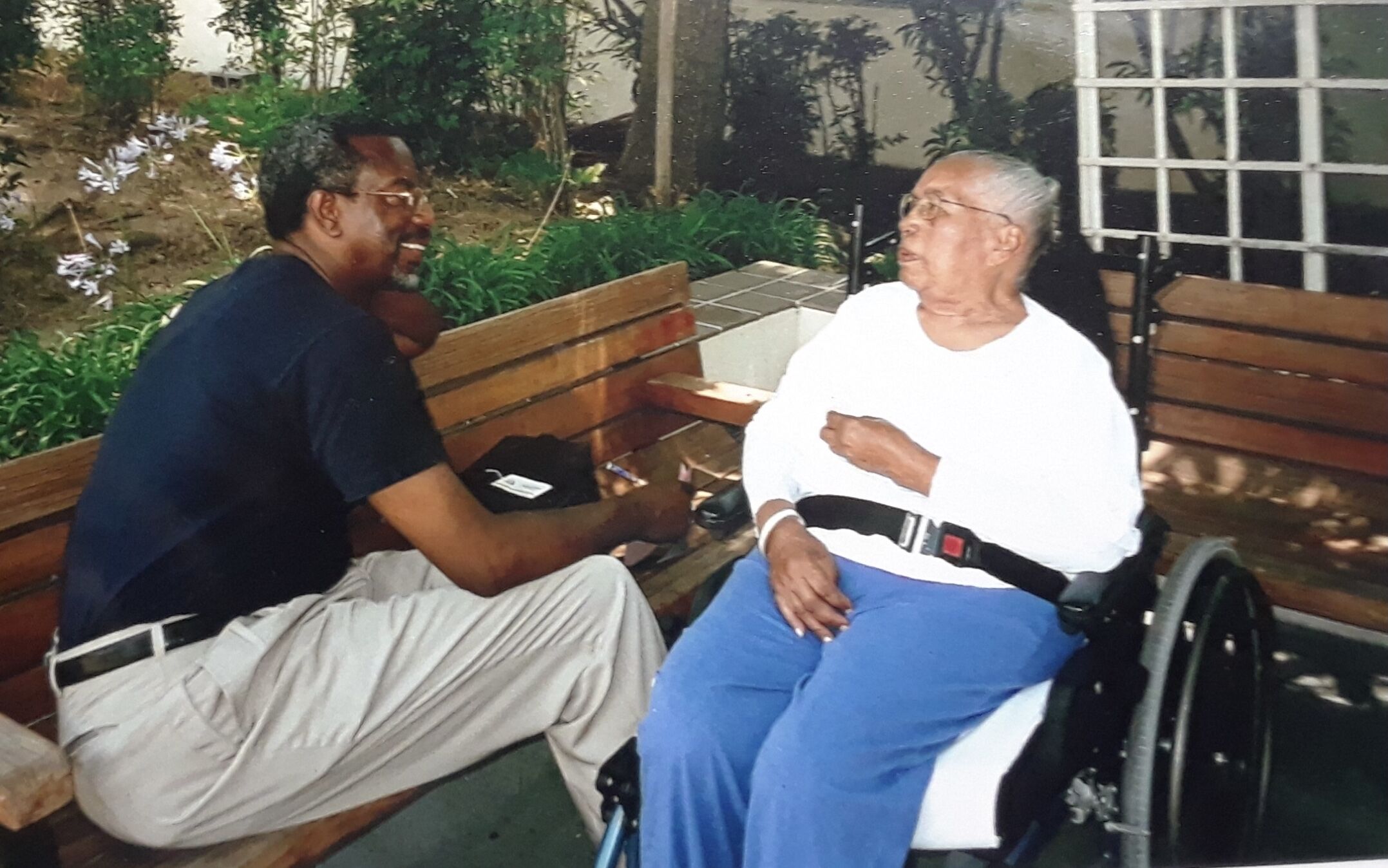
Juneteenth may be a new federal holiday in the United States, but for one Montgomery County, Maryland, man, the day is something his family has been marking since 1866.
Reynauld Smith, 73, of Olney, grew up in east Texas and is one of the keepers of his family’s oral history.
“I grew up, from the time, I can remember hearing stories about Juneteenth,” Smith told WTOP.
He recalled the stories, passed down to him as a child. from older relatives who were born close to the end of the Civil War. They were stories about the day in 1865, when his ancestors at a plantation in Limestone County, Texas, learned that the Emancipation Proclamation had been signed and that they were free. President Abraham Lincoln issued the Emancipation Proclamation in 1862, and it went into effect in 1863.
He said one misconception about Juneteenth is that “General Order No. 3,” also known as the “Juneteenth’ General Order,” which informed the people of Texas that the enslaved had been freed, was read only in Galveston. Instead, Smith said copies of it were read in many locations, including a copy read to his ancestors by slave holder, Logan Stroud, from the front porch of his plantation home.
“In my family history, that Juneteenth reading was like the clouds opening up and God coming down from the heavens and anointing people. It was a spiritual movement,” Smith said.
The general order included a section that urged those who had been freed to become employees of their former slave holders, stating: “The freedmen are advised to remain quietly at their present homes and work for wages.”
Smith said his family chose not to follow that guidance and quickly moved away, some to other portions of the state, others to Oklahoma and some to California.
Even though many moved, there is one tradition they took with them: remembering Juneteenth. Some would even return to Texas to mark the occasion. Smith recalled at a young age going from Dallas, where his family lived, to Limestone County for a Juneteenth event.
He said the day was festive but more so spiritual, with people wearing their “Sunday best,” praying and honoring their ancestors, who endured so much before and even after they learned they were free.
“This is the part of Juneteenth that a lot of people do not understand,” Smith said.
He said the day, which is close to July 4, overshadowed Independence Day in his family. He also recalled many names for the day over the years, including Freedom Day, Jubilee Day, Manumission Day and Emancipation Day.
Also, he said the event lasted longer than one day.
“It was a minimum two- to three-day celebration,” he said.
Smith believes Juneteenth is commemorated quite differently now than what he remembers from east Texas, saying that it has become more political.
“Juneteenth in Texas was much more personal than it is today, with those people much more spiritual than it will ever be today, and there were just tons and tons of stories of people who remember,” Smith said.
Smith, who is also on the board of directors for the Sandy Spring Slave Museum, said he has spent years learning as much as he can about his family’s history, so that he could share what he learned with his loved ones. Over the last year, he said he decided to also share his family’s oral history with the world in the hopes of encouraging others who have similar family stories to do the same.
“I want to encourage those people who I grew up with in Texas to do some research because they may have some unique stories about Texas,” Smith said.








